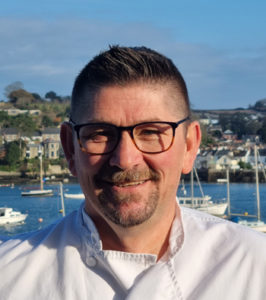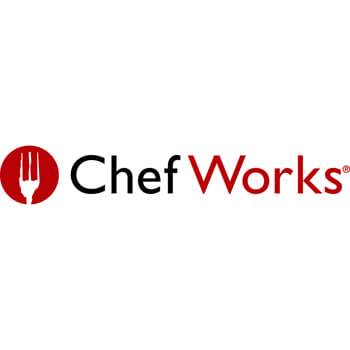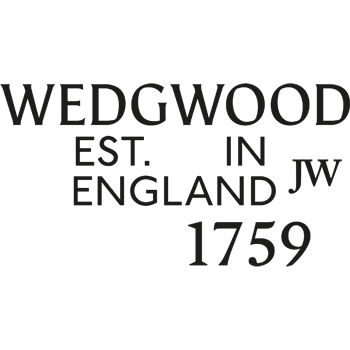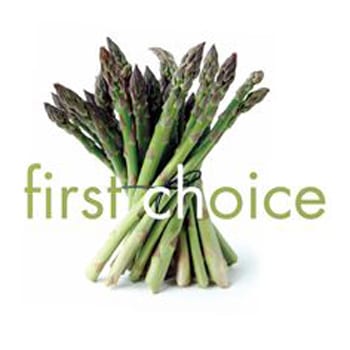Chef of the Week: Nick Hodges, Executive Chef at The Greenbank Hotel in Falmouth

How long have you worked at your current restaurant?
Just shy of 9 years, 4 years as head chef of the Greenbank, 5 years as group executive chef, looking after the Greenbank Alverton, Penventon and Working Boat Inn.
Where did your passion for cooking come from and where did you learn your skills?
My gran, Alice, was a big influence when I was young, she was the private cook to a local estate- I have fond memories of pastry making and she always seemed to have a roast chicken on the go.
I was not a big fan of school, but during this time I had a part-time job at a local hotel. I always loved (and still do) the creative and artistic side of the kitchen and the chefs. One day a chef went ill and I was thrown in to help- I loved it , then the chef recommended catering college.
From college I was fortunate to work with a young, French chef, I wasn’t to know that that chef would come to earn multiple Michelin stars and define my skills and passion for food – Thank you Jean Christophe Novelli.
What do you enjoy most about being a chef?
I love food, and everything that goes with it, but specifically love the people; they drive me to stay motivated and constantly improve. You cannot beat the vibe of a busy kitchen, it’s like nothing else.
Name three ingredients you couldn’t cook without.
Crab and shellfish in general. Spinach, I sneak it into lots of dishes, especially at home with the family. Garlic; fresh, smoked, black- Just love it!
Which piece of kitchen equipment couldn’t you live without?
My Chantry knife sharper, I have never been good with a steel. I have tried every type and shape so 20 years ago I brought the Chantry, I’ve had it ever since.
What food trends are you spotting at the moment?
Slow cooks, overnight roasts, utilising secondary cuts and both meat and fish. Chefs are needing to work cleverly, more than ever before, as the food cost increases are forcing us away from the more obvious main cuts and ingredients.
What do you think is a common mistake that lets chefs down?
The most common mistake I see and witness when eating out is knowing when to stop (adding elements to a dish.) Most often is less is more, perfect what is needed don’t complicate things with all the extras.
What is your favourite time of year for food, and why?
Autumn is my favourite time of year. Transitioning from the warmth of early autumn, which in Cornwall still means an abundance of amazing produce into the comfort of early winter, when we all change tack.
Which of your dishes are you most proud of?
I do make a great meringue. Sounds strange but chefs struggle with meringue. I made it every day for years when working with Jean Christophe, so I think its stamped on my brain. I make a celebrational giant meringue sandwich for dinner parties, it looks amazing, it’s fun. Food can often take itself too seriously.
How do you come up with new dishes?
I still love food, always have. I have the family tea planned before I have breakfast. I am always experimenting with ideas. Most new dishes are now modern adaptations of the classics, I think its impossible to create something truly unique anymore. I am enjoying working with new vegetarian and vegan products.
Who was your greatest influence?
As said previously, looking back Jean Christophe made a huge impression on the young me. His attention to detail and drive was infectious.
Tell us three chefs you admire.
I was sad to see Richard Shepard pass, he was a true legend. It’s hard to define names, I admire all chefs, it’s a hard profession and everyone who chooses to make their living from it deserves respect.
What is your favourite cookbook?
Anton Mosiman’s, ‘The Art of Anton Mosiman,’ made a big impression on me when I was younger. It was literally art on a plate. We wouldn’t get away with it anymore, but I have always loved the marriage between art and food.
Who do you think are the chefs to watch over the next few months?
I really like what Clare Smyth is doing at Core. It’s on my radar for next year.












